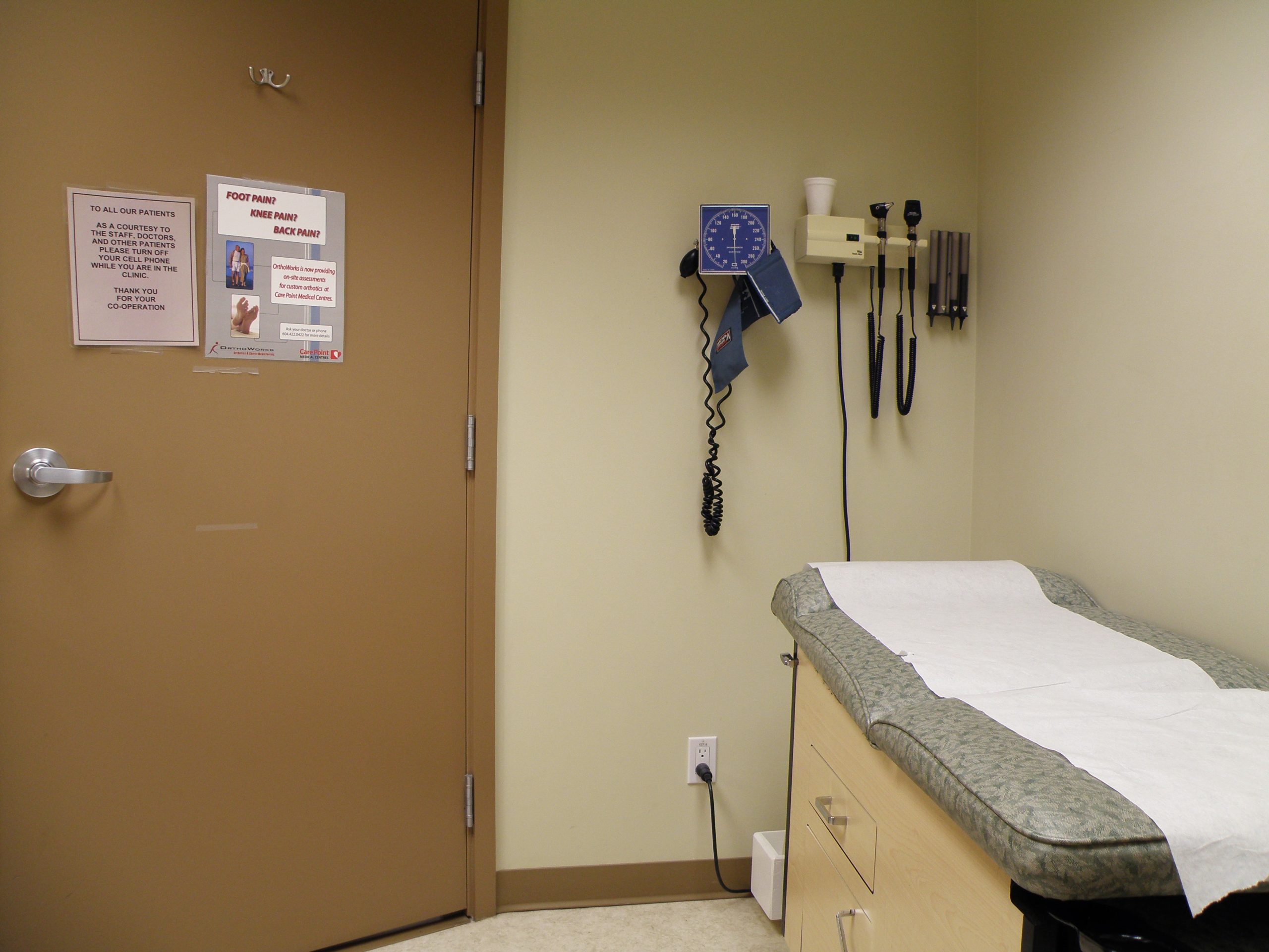Breakthrough Treatment for Babies with Rare Genetic Disorder

Babies and toddlers diagnosed with the rare and fatal genetic condition Wolman disease now have access to a life-saving treatment through the NHS.
Sebelipase alfa, an enzyme replacement therapy, has been recommended for NHS use by the National Institute for Health and Care Excellence (NICE) following a commercial deal struck by NHS England.
The therapy, manufactured by Alexion, AstraZeneca Rare Disease, becomes the first NHS-approved treatment for Wolman disease, a rapidly-progressing and life-threatening genetic condition affecting infants.
Wolman disease, a type of lysosomal acid lipase deficiency, manifests in around 1 in 350,000 births, causing multi-organ damage and a build-up of fat in cells. Symptoms include enlarged liver and spleen, poor weight gain, low muscle tone, jaundice, and developmental delay.
Previously, there were no NHS treatment options, and standard care focused on palliative measures. Without treatment, infants with Wolman disease typically did not survive beyond their first birthday.
Sebelipase alfa involves weekly intravenous infusions, complemented by a restricted, low-fat diet. The treatment, delivered at home, replaces a missing enzyme in the body. Immediate funding from NHS England’s Innovative Medicines Fund (IMF) will fast-track the availability of sebelipase alfa to eligible patients, preventing delays.
The NHS anticipates the therapy, delivered by specialist services at Manchester University NHS Foundation Trust, Birmingham Women’s and Children’s Hospital, and Great Ormond Street Hospital, to significantly improve life expectancy and quality of life for affected infants.
NHS Chief Executive Amanda Pritchard expressed delight at offering a life-changing treatment for families facing the challenging condition: “I am delighted the NHS can now, for the first time, offer a life-changing treatment to families facing this enormously difficult condition.
“Where previously there were no treatments available for infants facing this debilitating disease, this new therapy could save families from facing indescribable grief and allow more children like Hashir and Shoaib to grow up, go to school and live normal lives.”
It is estimated that around one or two babies born every year in England will have the condition, which is caused by mutations in a gene and is an inherited, recessive condition. Clinical trials have shown this treatment improves patient’s life expectancy and quality of life.
Professor Simon Jones, a leading expert in paediatric inherited metabolic disease, hailed the approval as a major milestone and a substantial step forward in rare disease medicine.
He said: “Today marks a major milestone in treatment for infants born with Wolman disease and signifies a substantial step forward in our dedication to practical advancements in rare disease medicine and improved patient outcomes, through research.
“I am thrilled to see that this life-saving drug will now be available on the NHS as a specialist service for the benefit of more children and families with this rare genetic condition.
“More than a decade on since our world-first clinical trials, I am incredibly proud of what our research and clinical teams here in Manchester have delivered collaboratively, which has contributed to this successful outcome.”
The therapy, which is manufactured by Alexion, AstraZeneca Rare Disease, will be delivered by specialist services at Manchester University NHS Foundation Trust, Birmingham Women’s and Children’s Hospital and Great Ormond Street Hospital.
John Stewart, National Director for Specialised Commissioning, NHS England said: “It’s fantastic news that babies born with Wolman disease will be able to benefit from this life-saving treatment on the NHS from today.
“This is just the latest example of patients benefiting from innovative medicines secured through NHS commercial deals, following shortly after a new five-year medicines agreement was reached with the pharmaceutical industry that will enable rapid patient access to the treatments of tomorrow.”
Up to £340 million was made available through NHS England’s Innovative Medicines Fund, which launched last year, to purchase the most promising medicines and fast-track them to patients to give people the best chances of survival, or a healthier, longer life.
Under the arrangements, sebelipase alfa will not enter managed access, but immediate funding will be provided from the IMF to enable routine patient access up to five months earlier than would otherwise be the case.
The IMF has already been utilised this year to provide accelerated patient access to treatments for hepatitis D and a painful long-term skin condition.
Sean Richardson, Vice President and General Manager, Alexion, UK said: “Today is a milestone moment for infants born with Wolman Disease and their families.
The recommendation is the result of continued constructive collaboration between Alexion, NICE, NHS England, patient groups, and the medical community, to ensure babies born with this life-threatening disease have a treatment available to them.”

Leave a comment